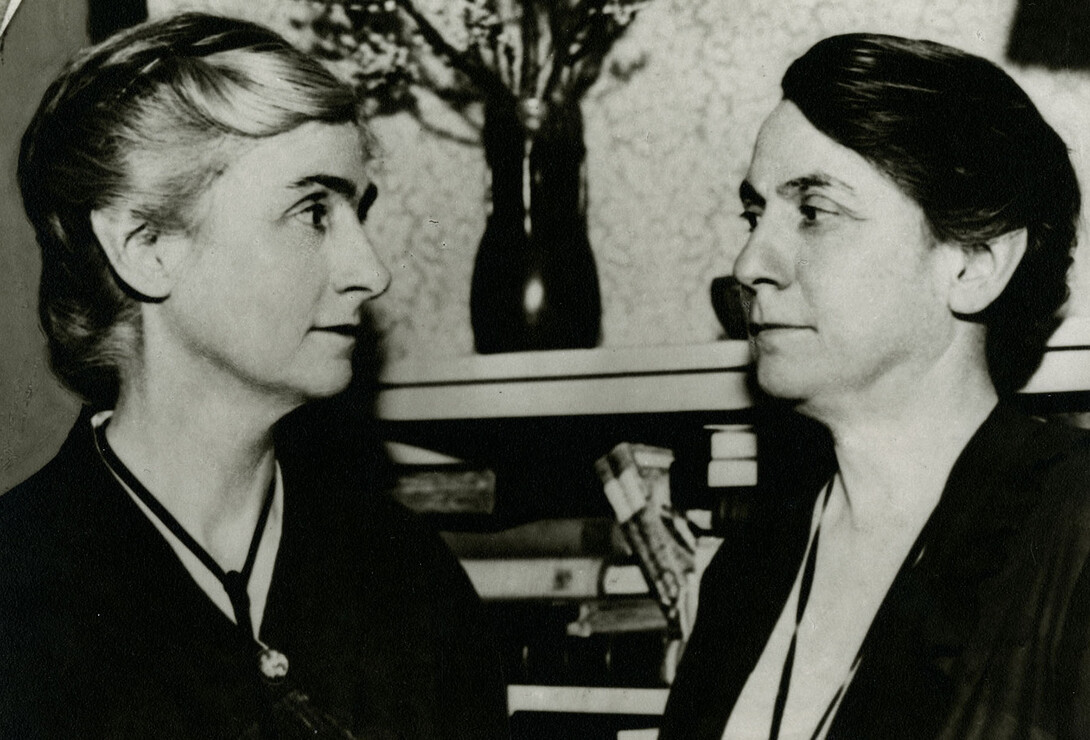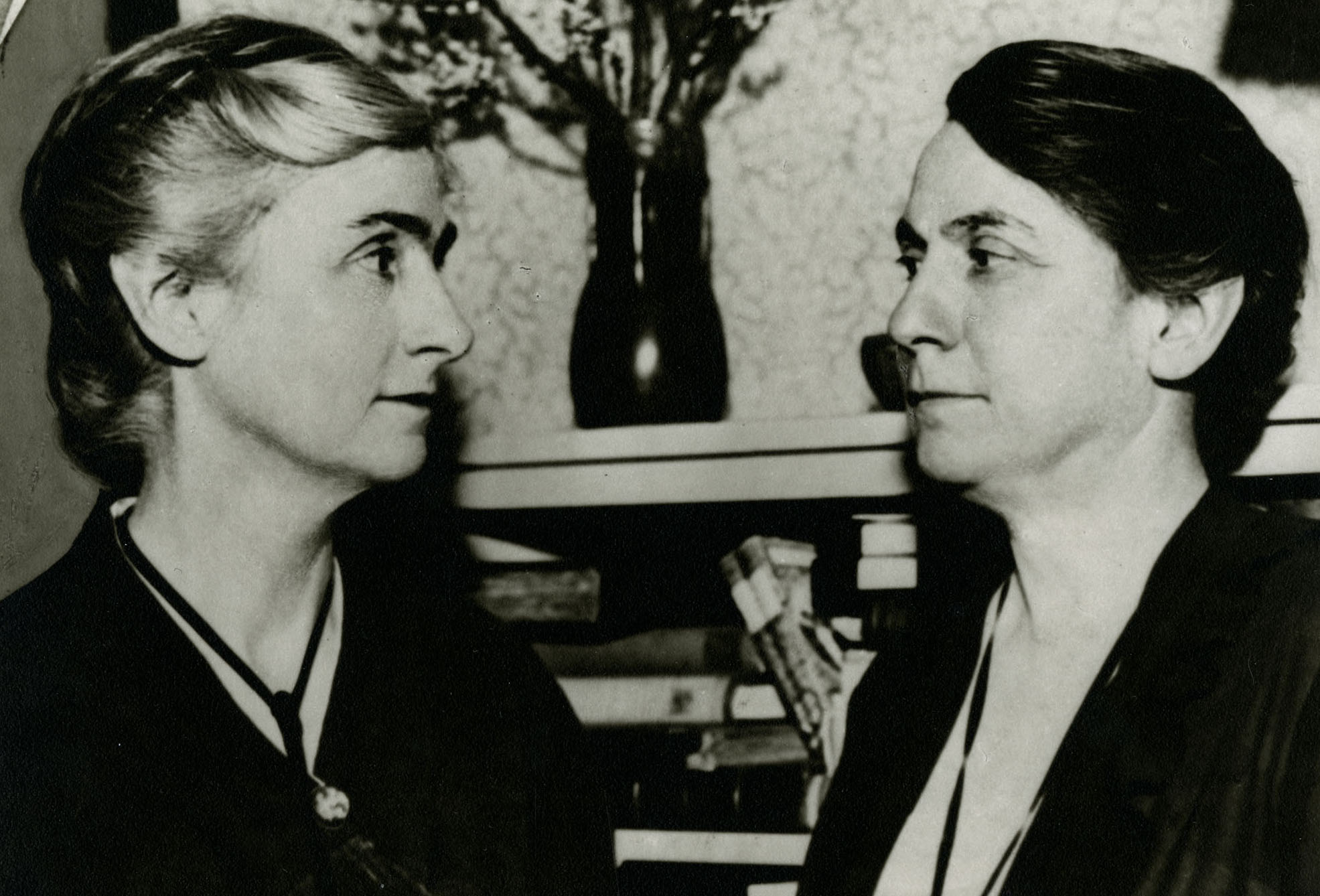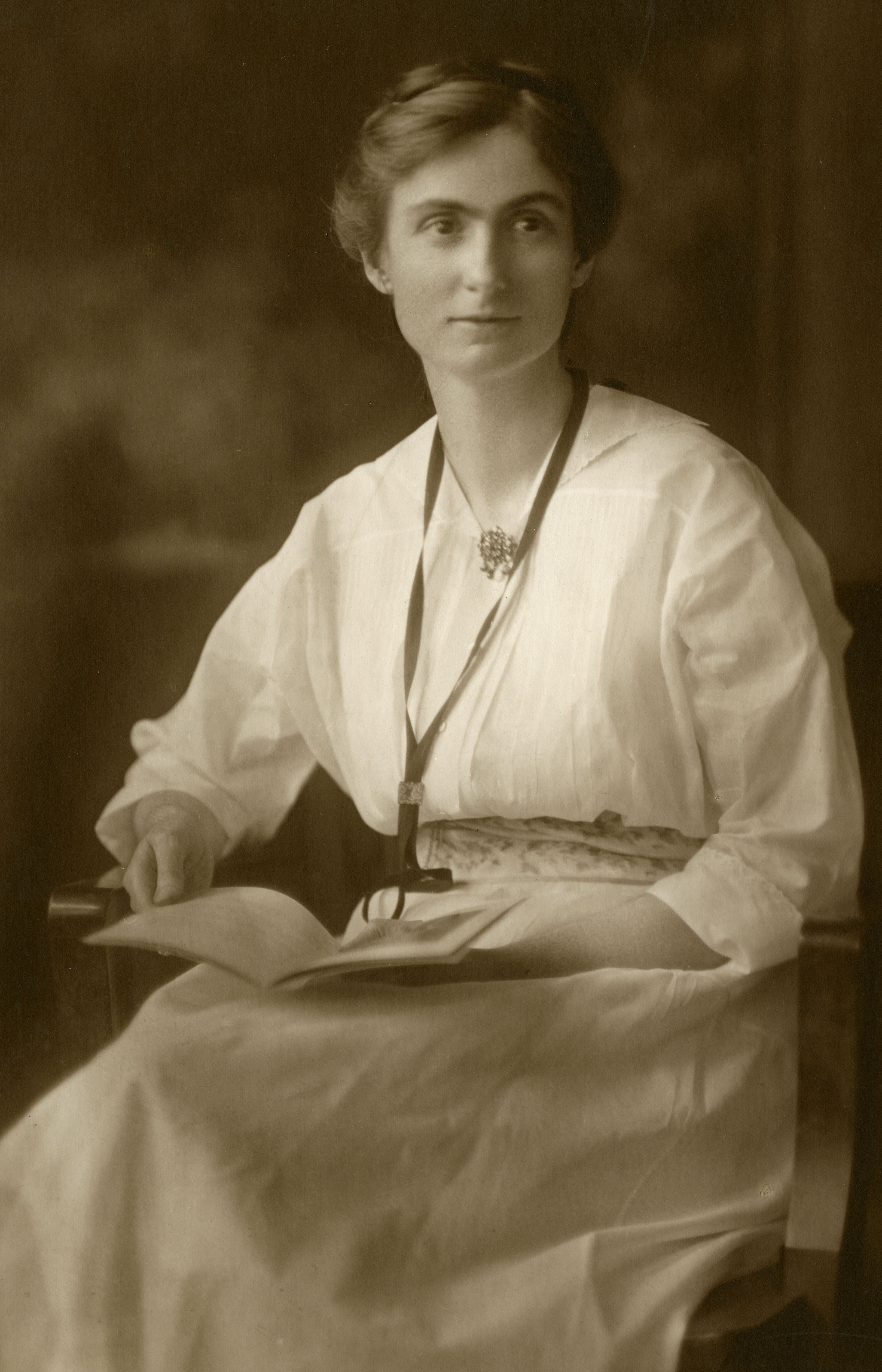
Grace Abbott (1878-1939), a leader during the Progressive Era whose work as a champion for the rights of children, immigrants and women earned her a key place in the history of the social justice movement, will be the subject of a discussion and performance by scholar John Sorensen from 5:30 to 6:30 p.m. Aug. 18 at the University of Nebraska-Lincoln’s Love Library, Room LS221. The event is free and open to the public.
Sorensen, a Grand Island native residing in New York City, is the founder of the Abbott Sisters Project and the author of several books on Grace Abbott (1878-1939), including his latest, “A Sister’s Memories: The Life and Work of Grace Abbott from the Writings of Her Sister, Edith Abbott” (University of Chicago Press, 2015). Sorensen has directed theater and films and is the founding director of the New York Public Library’s Four Corners world culture series and the Jumble Shop Theater of Greenwich Village.
The event at Love Library will include Sorensen presenting dramatic readings from Grace Abbott’s most important speeches, reading from his current book and discussing the relevance of Abbott’s work in today’s world. Brief video clips will be shown from “The Quilted Conscience,” his film concerning the Sudanese-American refugee children of the Abbott sisters’ hometown of Grand Island. There will also be a question-and-answer session.
Sorensen’s primary interest in the Abbott sisters is two-fold, regarding their lifelong fights for children’s rights and on behalf of improved education for all Americans. He said both Abbott women were deeply concerned with nurturing the next generation of students in social work and social justice.
“Their work for children is most inspiring,” Sorensen said. “In all societies and times – the Abbotts and our own – children are the most in need and the most at risk.”
Sorensen’s passion and goal is to educate as many people as possible about the Abbott sisters and their accomplishments. This aspiration has channeled itself into many creative projects that honor the living legacy of the sisters.
Sorensen said it is important to look back on Grace Abbott’s life and work because of its great relevance today and in the future. Grace Abbott learned from her father, Othman A. Abbott, who served as the state’s first lieutenant governor from 1877-1879, the gift of respecting the opposition when it came to politics. She was persistent and had a persuasive personality.
“Grace focused on the goal of social justice and never lost her idealism. She had a kind of ‘Anne Frank’-like optimism when it came to people,” Sorensen said.
When Grace Abbott left her Nebraska home in 1907, she began a lifelong career in social work that included living and working among poor immigrants in Chicago with Nobel Prize-winner Jane Addams. She advocated and organized for immigrants. She wrote a series of articles on the exploitation of female immigrants for the Chicago Evening Post. Eventually, she became an influential national leader on behalf of immigrants when she was appointed the director of the Immigrants’ Protective League.
Sorensen considers Grace and Edith Abbott as heroines of the past in whom Nebraskans can take great pride. Nebraska was equally important to the sisters. They grew up in Nebraska, attended UNL and had a strong connection to their home state. To the ends of their lives, they preferred to be referred to as “The Abbott Sisters of Nebraska.”
Information about the UNL Libraries and the event is available online.










